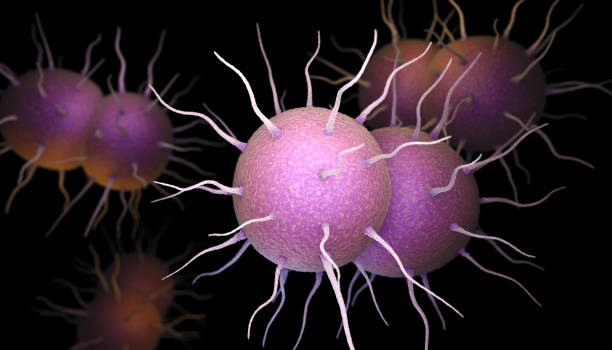Gonorrhea is an infection of the urogenital tract, it common infects the vagina in women and the urethra in men and it is caused by a bacteria called Neisseria gonorrhea. It is spread mainly by contact with body fluids during unprotected sexual intercourse or oral sex. The bacteria survive in a moist and warm environment so they can infect the urethra, rectum, vagina, mouth, throat, eyes, cervix, uterus, and fallopian tubes.
Also, during childbirth, an infected woman can pass the infection to a newborn baby. In babies, the disease primarily affects the eyes, and if left untreated, can lead to other health complications.
Causes
Gonorrhea is caused by a bacteria called Neisseria gonorrhea, it is transmitted through vagina intercourse, oral sex, anal sex, and childbirth. You can get the infection just by touching the infected area of a person with gonorrhea; for example if you touch with the vagina, penis, or anus of someone with gonorrhea, and then proceed to touch the same areas of your body, you can become infected too.
Women can pass it to their newborn through vagina birth. However, the bacteria can’t live long outside a host, so it is rare to get the infection through toilet seats, clothes or other personal items.
If you have contracted gonorrhea before, you have a higher chance of getting it again, and untreated gonorrhea makes you more susceptible to other STIs.
Avoiding sexual activity, using a barrier method like condom, and being mutually monogamous with your partner can significantly help you prevent gonorrhea.
Symptoms of Gonorrhea
The symptoms of this infection in men include:
- Pain or swollen testicles.
- Painful urination
- Yellow, white or green discharge from the penis.
For women, the infection is usually asymptomatic, and if they have symptoms, it is mild and might be mistaken for something else: the symptoms for women include
- Abdominal pain.
- Painful sex
- Painful urination
- Bleeding between periods
- Abnormal vaginal discharge, which can be more than the usual amount.
If gonorrhea infection is present in the rectum or anus, it can cause symptoms like:
- Pain when you poop.
- Itching.
- Soreness.
- Discharge.
- Bleeding.
Treatment
Antibiotics are needed to kill the bacteria that causes gonorrhea. However, some strains can be immune to antibiotics, so get a doctor’s prescription for this treatment; it may be injection or pills or a combination of both. Even if you feel better, ensure you finish the medications.
If you are pregnant, gonorrhea can cause problems for your baby, so it is essential to talk to your doctor and get treatment as soon as possible. Gonorrhea is entirely curable, but after the treatment, you must consistently practise safe sex so you don’t get the infection again.



